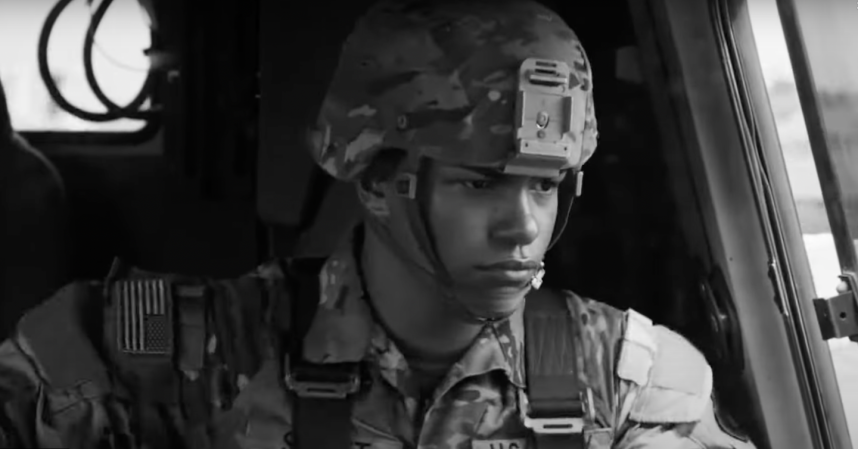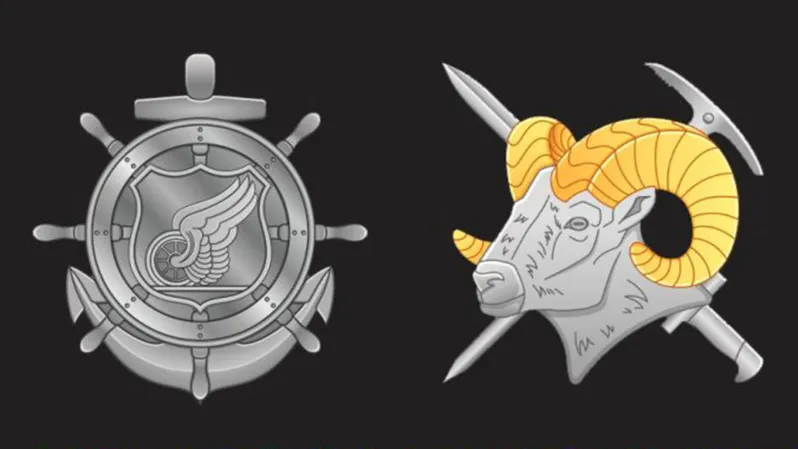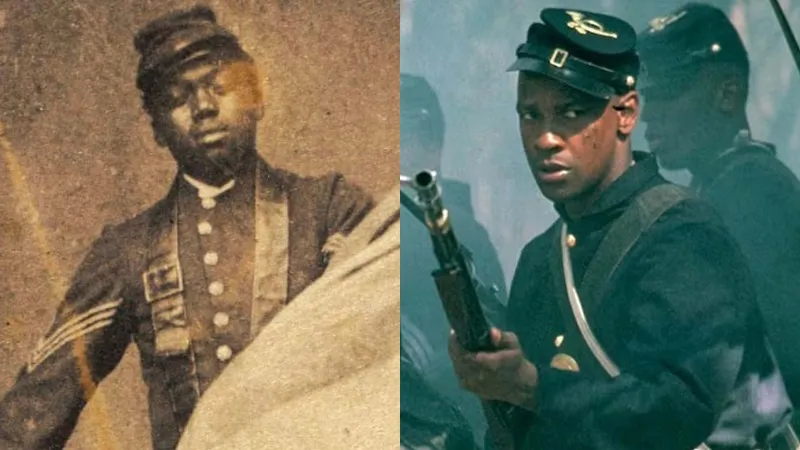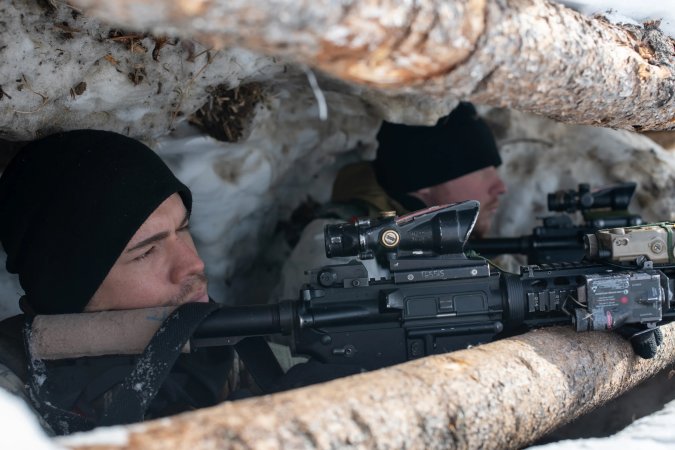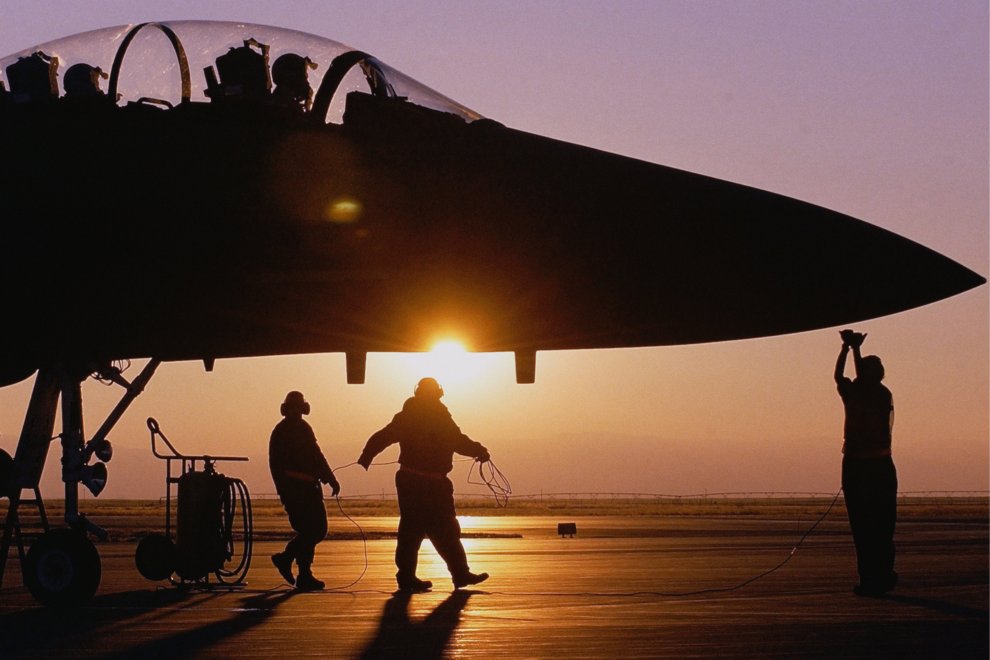Task & Purpose. News, culture, and analysis by and for the military community.
Top Story

Marine vet buys sword that slayed the lava monster in the iconic 90s recruiting ad
Marine veteran Jackson Dodd recently bought the iconic sword from the original blacksmith who forged it for the legendary “Rite of Passage” recruiting commercial.
Posted 21 Hours Ago
Task & Purpose was founded in 2014 as a voice for the military community, and continues to serve that community with accurate reporting and great storytelling to this day. Our journalists have reported on the front lines of the Standing Rock protests in North Dakota and the war in Afghanistan. We’ve uncovered American veterans being abused in Kuwaiti prisons, deported veterans being forced to work for Mexican cartels, and drawn national attention to a longstanding legal rule barring service members from suing the government — even in the face of gross negligence.











